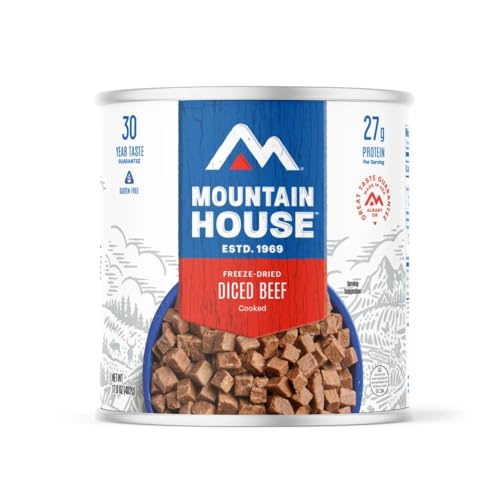A forum member recently asked me a question about dealing with the police when you suffer from PTSD. The members information has been removed for privacy purposes, but here is the question:<br><br>
<br><br>This is a very difficult question. The one thing that is pretty much guaranteed with police officers nationwide is officer safety. It is drilled into our heads from day one at the academy. And the best way to stay safe is to control whatever situation you are in. It is why officers, when dealing with you, will direct you to stand in a certain place, or sit down, why multiple officers normally show up, why pat down searches are conducted. We are taught to control you for our safety. <br><br>And as important, is who we want to protect and in what order. <br>1)officer<br>2)officer's partner<br>3)innocent civilian/bystanders<br>and a distant (4) is the person we consider to be the "suspect"<br><br>Which means if it goes to a physical confrontation the officer will try to put you down fast and hard. <br><br>Not knowing more information about how your PTSD affects you or how fast it onsets, it is hard to give decent advice. Most officers have dealt with mental health issues and understand the difference between criminal and unable to control your actions, however the number one job is to go home after shift. If you become aggressive or challenging you will most likely end up in cuffs pretty fast. If you fight, you will most likely lose.<br><br>It might be helpful if you print up a professional looking 3x5 card and laminate it. Have it read something to the effect of: :your name & date of birth, suffers from post traumatic stress disorder. confrontation and stressful situations will result in the following responses (include likely reactions from you). Please treat him/her in a calm and non aggressive manor." and have your diagnosing doctor sign it with his/her name,address, phone number<br><br>Upon first contact with the officer hand him the card and ask him to read it.<br><br>Feel free to embellish this wording and make it specific to your situation. This card will do two things. it alerts the police to your condition and hopefully calms their demeanor towards you. And, God forbid, things go poorly and you end up in jail it provides you with a great defense right out of the chute. <br><br>I understand the normal advice of follow directions, and remain calm may not work for you. When officers approach you they don't understand your condition. Its like a catch 22<br><br>I hope this helps. If you have any further questions feel free to post here or PM me.<br><br>I have PTSD. Sometimes it is worse than others. Fortunately I've not been pulled over since I have developed this. I get enormous surges of adrenalin. Picked up a motorcycle off a buddy of mine and drug him out from under it...as an example of the level of adrenaline I get. I assume I would get an adrenalin surge if I got pulled over and I know I would if confronted. I also tend to get very defensive....fight or flight...thanks to the PTSD. When this happens I may have several different neurological symptoms. The most common is shaking and stuttering. Also common would be aggressive behavior even though I am not at all a violent person...more of the fight or flight response. If I can't get away from a situation my response is then thrown over into the 'fight' category. <br><br>Is there a way to communicate to a law enforcement officer that my reactions to them are beyond my control? How could I best handle this? Over the years that I've had this I've developed strategies for handling most situations. Mostly I just leave the stressful situation and otherwise I actively avoid places and people that are stressful. <br><br>Thank you for your help!










































































